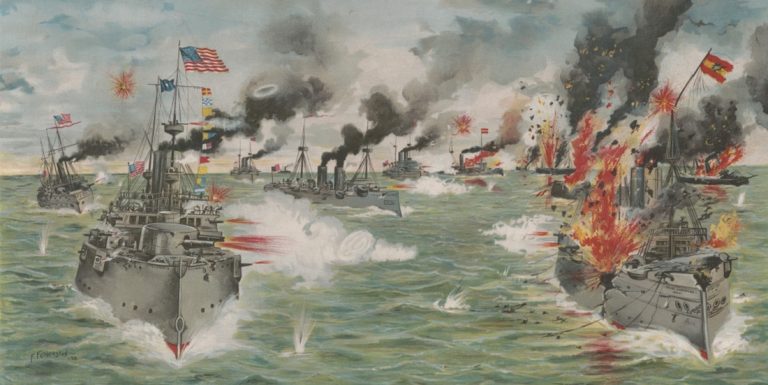
How Naval Theorists Forged America’s Imperial Path to the Philippines Under Manifest Destiny’s Banner.
New York, N.Y. — The humid air of late 19th-century New York clung thick with ambition and industry, a crucible for ideas shaping a nation’s burgeoning power.
Among the intellectual ferment, concepts of Manifest Destiny, once justifying continental expansion, were being recalibrated for an oceanic age. At the heart of this transformation stood two naval officers whose strategic vision would directly underpin America’s controversial annexation of the Philippines: Rear Admiral Stephen Bleecker Luce and his protege, Alfred Thayer Mahan.
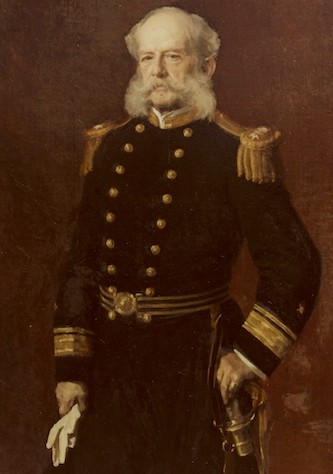
The Intellectual Architect: Luce And Naval Professionalism
Stephen Bleecker Luce, a veteran of the Civil War, possessed a prescient understanding that U.S. power hinged not just on industrial might, but on sophisticated naval capability and doctrine.
Frustrated by the U.S. Navy’s post-war stagnation and lack of strategic cohesion, Luce became the driving force behind the establishment of the U.S. Naval War College in Newport, Rhode Island, in 1884.
His core belief was simple yet revolutionary: naval officers required rigorous intellectual training in strategy, history, and geopolitics, not just seamanship and gunnery.
Luce sought to elevate the U.S. Navy from a collection of ships to a professional instrument of national policy.
Crucially, he identified Alfred Thayer Mahan, then a relatively obscure captain, as the ideal first president of the War College, recognizing the depth of Mahan’s historical analysis.
By 1894, Naval War College Developed Strategies Anticipating Spanish-American War
Long before the guns of Manila Bay roared, Stephen Bleecker Luce had set the stage for America’s Pacific ascendancy. As the founder of the Naval War College, Luce fostered a generation of strategists, including Alfred Thayer Mahan, whose ideas shaped the Navy’s triumph in 1898.
War games conducted at the college as early as 1894 laid out plans for a strike against Spain’s Pacific fleet, plans that Commodore George Dewey executed with devastating precision. Luce’s vision of a modern, professional Navy, coupled with his belief in America’s civilizing mission, found fulfillment in the annexation of the Philippines—a Pacific anchor for Manifest Destiny, secured through the strategic foundations he built.
Mahan Articulates Sea Power And Destiny
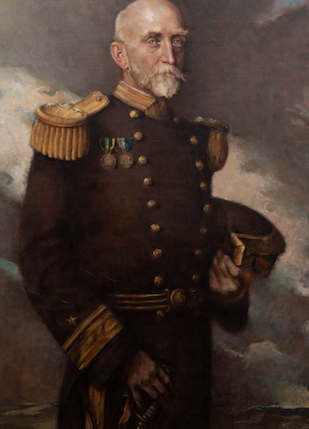
Image credit: U.S. Naval War College Collection.
Under Luce’s patronage, Alfred Thayer Mahan synthesized his extensive studies of naval history, particularly the era of British dominance.
His seminal works, The Influence of Sea Power Upon History, 1660–1783 (1890) and its sequels, presented a compelling thesis: national greatness was inextricably linked to command of the sea.
This command required not merely a powerful fleet, but a global network of coaling stations and secure bases to project power and protect vital sea lanes for commerce.
Mahan explicitly linked this need for overseas bases to the evolving concept of Manifest Destiny. He argued that America’s destiny was not confined to the North American continent; it was maritime and global.
Control of strategic points, particularly in the Caribbean and the Pacific, was essential for securing trade routes to Asia and establishing the U.S. as a world power. The Pacific, vast and increasingly contested, demanded forward bases.
The Philippines, positioned directly on the route to the coveted China market, emerged as a glaringly obvious strategic objective in Mahan’s geopolitical calculus.
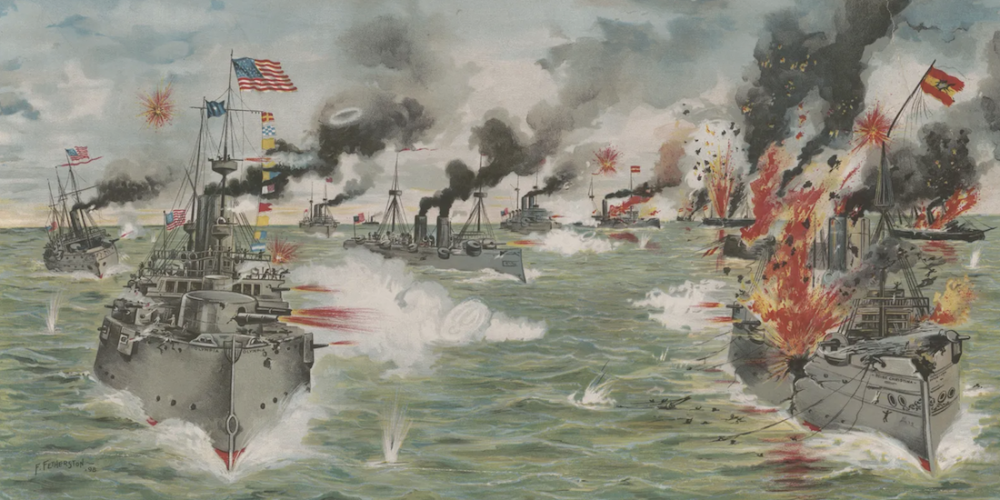
Manila Bay: Theory Meets Violent Reality
Mahan’s theories found a receptive audience among political expansionists like Theodore Roosevelt (then Assistant Secretary of the Navy) and Senator Henry Cabot Lodge. When the U.S.S. Maine exploded in Havana harbor on February 15, 1898, triggering the Spanish-American War, these expansionists saw their opportunity.
Teddy Roosevelt, acting with characteristic vigor in the absence of his superior, immediately ordered Commodore George Dewey’s Asiatic Squadron to sail for the Philippines.
Dewey’s stunning victory over the antiquated Spanish fleet in Manila Bay on May 1, 1898, was a near-textbook demonstration of Mahanian principles – the decisive fleet action securing control of a vital strategic point. Suddenly, the U.S. possessed Manila, but more significantly, it held the archipelago. The abstract strategic imperative articulated by Mahan and nurtured by Luce had become a concrete, messy reality.
Anchoring Destiny: The Cost of Empire
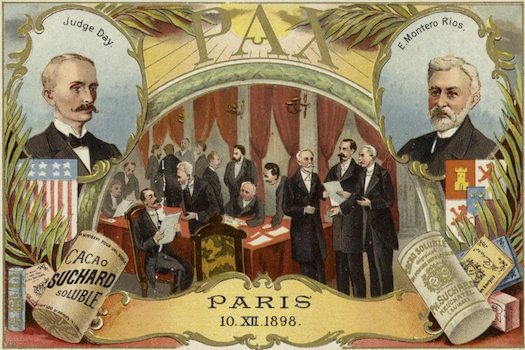
The decision to annex the Philippines, formalized by the Treaty of Paris on December 10, 1898, was ratified by the U.S. Senate after fierce debate on February 6, 1899.
It was driven by a potent cocktail of motives: a sense of racial and civilizational superiority, commercial ambition for the “China market,” and crucially, the strategic logic championed by Mahan and institutionalized by Luce.
Annexation was framed as the logical, even inevitable, extension of Manifest Destiny across the Pacific – fulfilling America’s duty to “civilize” while securing its place among global powers.
However, this “destiny” came at a horrific cost. Filipinos, who had been fighting Spain for independence, viewed the U.S. as a new colonial master.
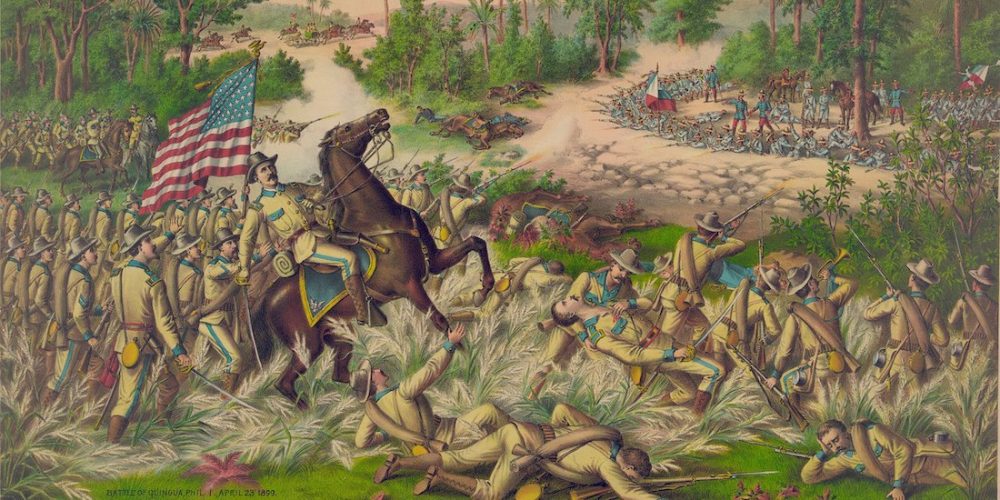
The ensuing Philippine-American War (1899-1902) was brutal and protracted, marked by guerrilla warfare, scorched-earth tactics, civilian internment, and widespread atrocities. Tens of thousands of Filipino combatants and civilians perished, alongside thousands of U.S. soldiers. The lofty ideals of destiny collided violently with the grim realities of imperial subjugation.
The occupation of the Philippines served as a stark manifestation of the intellectual groundwork laid by Stephen Bleecker Luce and Alfred Thayer Mahan. Luce’s creation of the Naval War College provided the platform; Mahan’s articulation of sea power and its global necessities provided the justification, seamlessly woven into the fabric of an expansive Manifest Destiny.
While commercial and ideological factors played significant roles, it was the strategic imperative – the perceived need for a coaling station and naval fortress dominating the Western Pacific – that made the Philippines indispensable in the eyes of policymakers steeped in Mahanian doctrine.
The archipelago became America’s Pacific anchor, securing its position as a global power, but the bloody struggle to hold it exposed the profound contradictions and human toll embedded within the concept of destiny imposed by force.
The legacy of Luce and Mahan was thus etched not only in textbooks of naval strategy but in the complex, often painful, history of American empire.
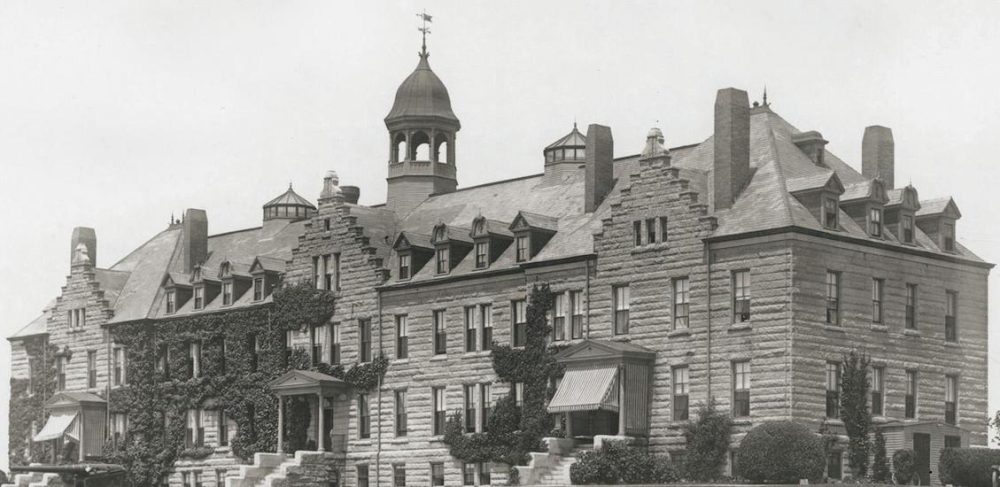
S.B. Luce, A.T. Mahan, and Manifest Destiny’s Pacific Anchor (July 31, 2025)
Summary
This analysis explores the pivotal role of Rear Admiral Stephen Bleecker Luce and naval theorist Alfred Thayer Mahan in shaping the intellectual foundations for the U.S. occupation of the Philippines. It argues that Mahan’s doctrine of sea power, developed under Luce’s mentorship and institutionalized at the Naval War College, provided the strategic rationale for annexing the archipelago. This rationale was framed as an extension of Manifest Destiny, transforming the Philippines into a crucial Pacific anchor for American global power, despite the brutal conflict and imperial realities that ensued.
#ManifestDestiny #SeaPower #Mahan #NavalHistory #PhilippineAmericanWar
#Luce #AmericanEmpire #USImperialism #Geopolitics #StrategicAnchorage
TAGS: Alfred Thayer Mahan, Stephen Bleecker Luce, U.S. Naval War College, Philippine-American War,
Manifest Destiny, U.S. Imperialism, Spanish-American War, Manila Bay, Naval Strategy, Geopolitics,
Sea Power, Annexation of the Philippines, Coaling Stations, Pacific Strategy, 19th Century U.S. History
